Apple doesn't care that nearly 26% of its users switch to different platforms between quarters because it is focusing on encouraging users to buy all of the products in its broader functional ecosystem, experts say. They add that users are likely switching over to Android phones to save money.
During the Epic Games vs. Apple trial, internal documents showed evidence of "meaningful switching" of smartphone users quarter-over-quarter. The highest percentage of users switching was between Q1 2020 and Q2 2020, which saw 26% of users switch from iOS to Android. This timeframe is particularly interesting as it marks the period that typically follows the announcement and release of new iPhones.
Nugget of data on iPhone customers switching platforms came out in the Epic v. Apple trial.
— Ben Bajarin (@BenBajarin) May 10, 2021
Apple submitted this to show people do switch (even if small) and therefore choice does exist.
Average iOS loyalty over this time period was 81%.
cc @benedictevans @asymco pic.twitter.com/koBSk7bvpK
Epic Games said during the trial that Apple's App Store is anti-competitive and monopolistic, and doesn't allow developers to earn fairly. Apple said during the trial that "Epic wants us to be Android, but we don't want to be," and indicated that there needs to be a single highly curated App Store in order to protect users' privacy, security, and reliability.
Ben Bajarin, CEO and principal analyst at Creative Strategies in California, said in an interview that a lot of people thought the number of users switching away from Apple was a lot smaller, and that more people were switching away from Android.
"The point (Apple) was trying to make, and questionable as to whether it's a valid point, is that people do switch. They're certainly not switching 40% of the time, but they use that stat and say look 20% or somewhere north of that some, on a quarterly basis, do leave iOS to go to an Android," he said.
"Their point is that switching does happen, but again it goes both ways; there's growth to their platform. People do switch from Android to iOS, but in general, it's not a large number."
Would having iMessage on Android make a difference?
During the same trial between Epic Games and Apple, it was revealed that Apple was in favor of bringing iMessage to Android as early as 2013. The company wasn't convinced that this would be the right move and said it would "take more than a marginally better app" to get users to switch to iMessage from the best Android Messaging apps such as WhatsApp. Apple said that iMessage on Android "would simply serve to remove an obstacle to iPhone families giving their kids Android phones."
Bajarin indicated that perhaps if Android phones had services like iMessage, the percentage of switching over might be higher, but it really isn't a factor for why users are switching now.
"My gut would say, maybe that number would be a little bit higher for someone who is just willing to try something different. But most of those people came back to iPhones for other reasons. I don't think iMessage alone is essentially a deal-breaker," he said. "Users just wanted to try something different. They tried it, vetted it, and was like I still prefer iOS."
So why do users switch from iOS to Android?
Neil Shah, vice-president of research at Counterpoint Research, said in an interview that one reason many users switch is because they find better deals for other phones.
"Many iPhone users have been holding on to their phones longer, so by the time when they are ready to upgrade (they see that), the price of flagship new iPhones have gotten more expensive. So many users who can't afford and find an attractive carrier or OEM deal are likely to switch," he said, adding that a brand new OnePlus flagship is almost a third of the price of an iPhone flagship.
In China, users spend the most time in one or two apps such as WeChat, so it doesn't matter to them if they are on an iOS or Android.
Shah also explained that many iPhone users have hand-me-downs or refurbished phones, in which case the phone's user experience isn't optimum, "so when they are due for an upgrade, they are also likely to shift out of the iOS ecosystem unless they are locked in."
"There's also a case where some Android users might have moved to an iPhone but couldn't get used to the UI or felt claustrophobic coming from an open system like Android, so they switch back or out of an iPhone," he said.
And in some cases, the user is focused on what apps they are using most and don't necessarily care about the type of phone they're using, Shah added.
When you buy a phone, you're buying a lifestyle and Apple has created that ecosystem
Shah added that Apple has also been a "master" at locking users into an ecosystem, making it difficult to switch to another platform. He said that smartphone users who are on their second or third smartphone are more likely to decide if an ecosystem benefits their lifestyle.
"Some smart users are also cognizant of being locked into an ecosystem and understand that switching costs especially for iOS and make their choices accordingly if they want to (switch) or not," he said.
In the case of Apple, the company has been able to lock down the integration of products in a seamless way, Shah said, creating a sense of "premium-ness."
Lifestyle and premium-ness becomes a factor for aspiration and also actually choosing the ecosystem," Shah said. "For example, premium-ness of the Apple Watch of the seamlessness of AirPods or sticky features such as the AirDrop within the Apple ecosystem are some good examples to attract users to the Apple iPhone and its ecosystem.
I don't see a cohesive roadmap for Google to take on Apple's ecosystem
Carmi Levy, a technology analyst, said that the percentage of users that fall under the category looking for a better deal lies somewhere around 20%, and that number is going down every year.
You're not just buying a device, you're buying a lifestyle, and you're buying services, so as time goes on, that window for selling just the phone is getting smaller.
He added that a good percentage of those people do not see phones as part of a broader ecosystem. "I think over time, that percentage of the overall market is getting smaller. In other words, as time goes on, more and more smartphone consumers are beginning to see phones as not just devices, but as centers of a broader ecosystem that they are buying into," he said.
Levy says that this shift has tilted towards Apple's advantage because the company has "arguably the most highly evolved ecosystems of services in the entire market," adding that Google has struggled to find its way with building an ecosystem.
More recently, Google announced it has teamed up with Samsung for all future smartwatch efforts and to create a "unified experience."
Levy explained that WearOS has arguably been a disaster since day one and has gone through multiple rebranding efforts. But even this partnership hasn't convinced Levy that Google will be able to create an ecosystem that can compete with Apple's
"Google wishes that it were in a position, certainly throwing anything at the wall to try to regain some kind of traction and thus far has failed and there's no guarantee that it's recently announced partnership with Samsung is going to succeed where previous efforts have failed," he said. "I don't see a cohesive roadmap for Google that would realistically take Apple on in this way."


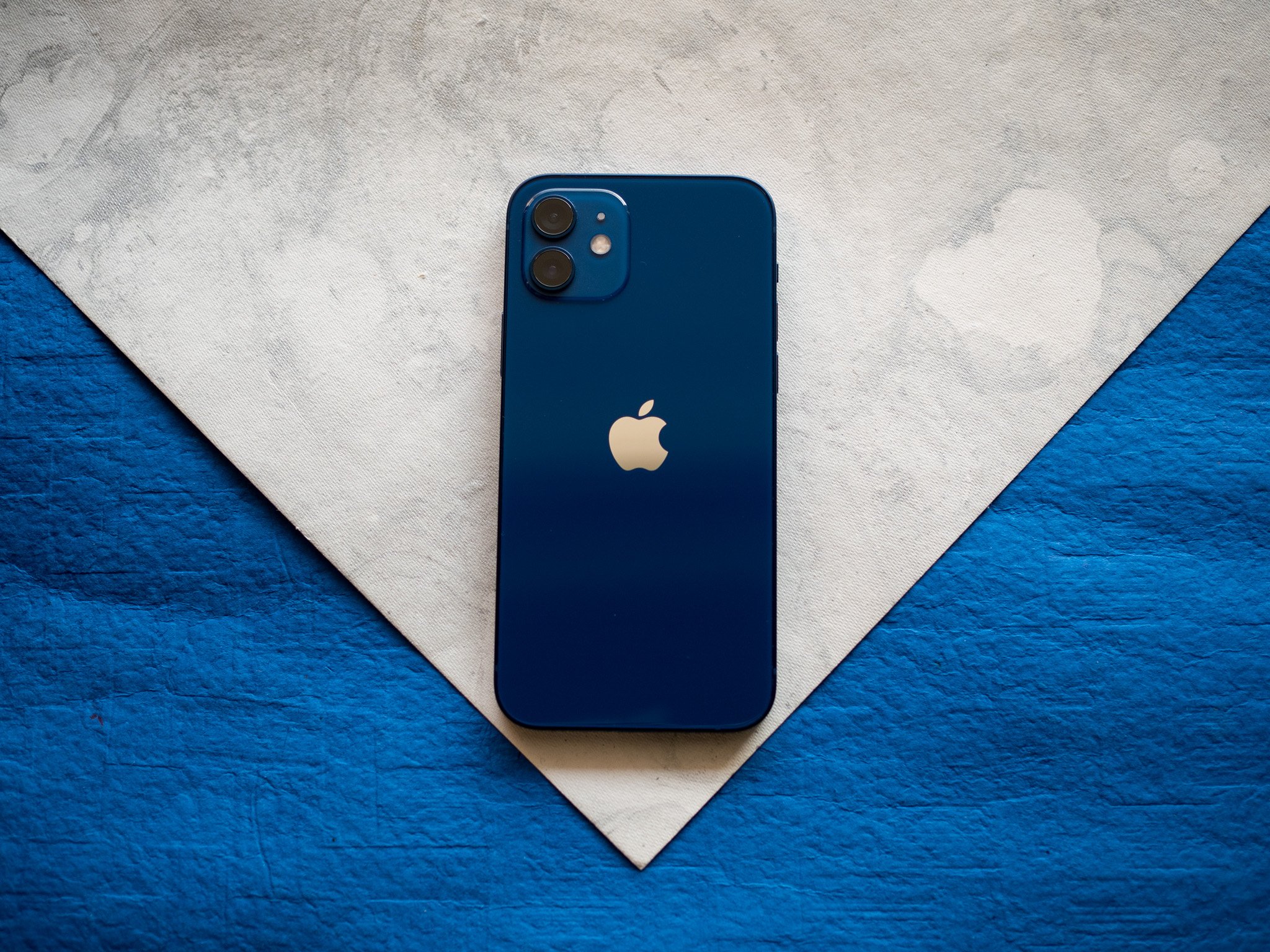
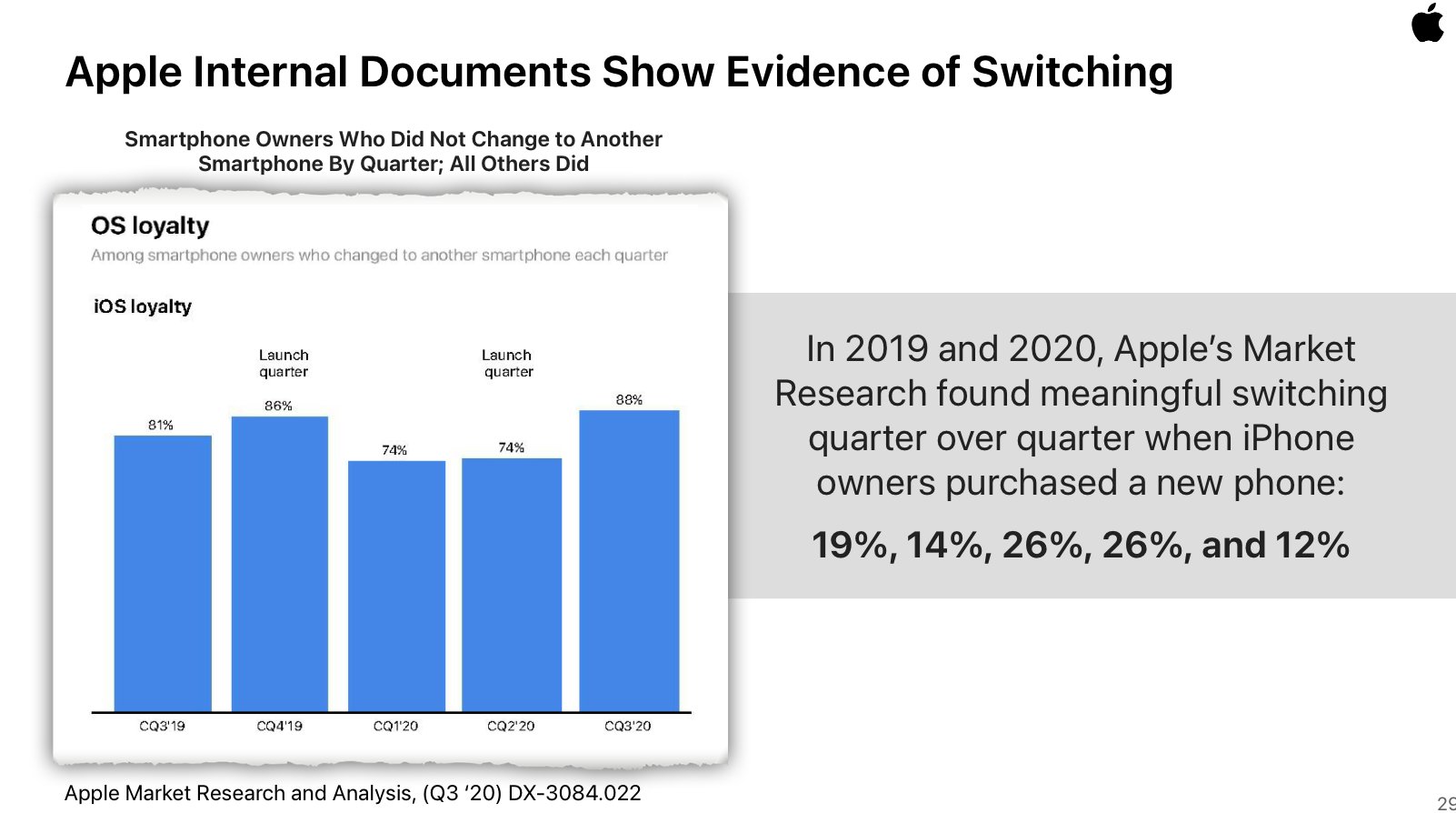
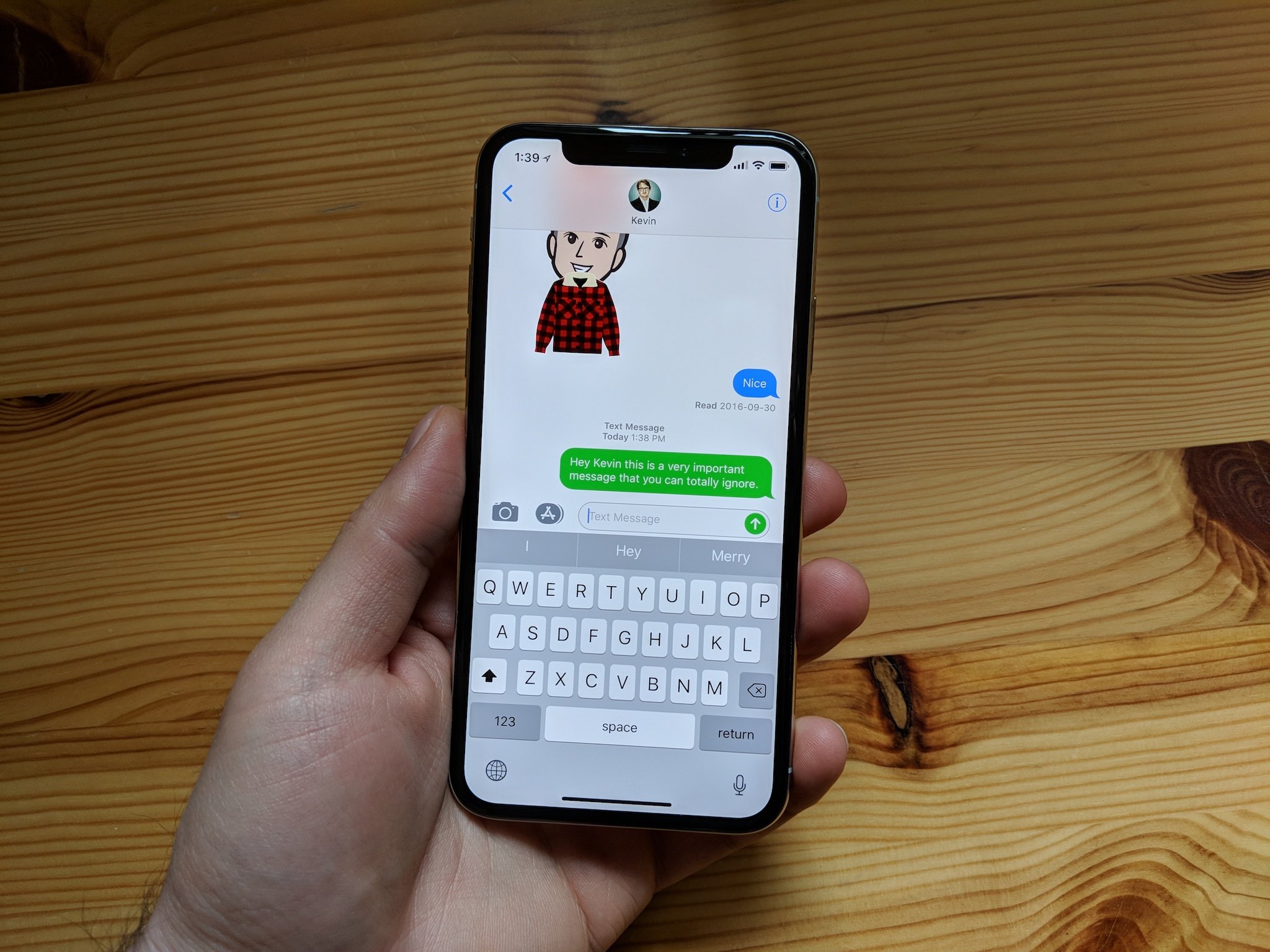
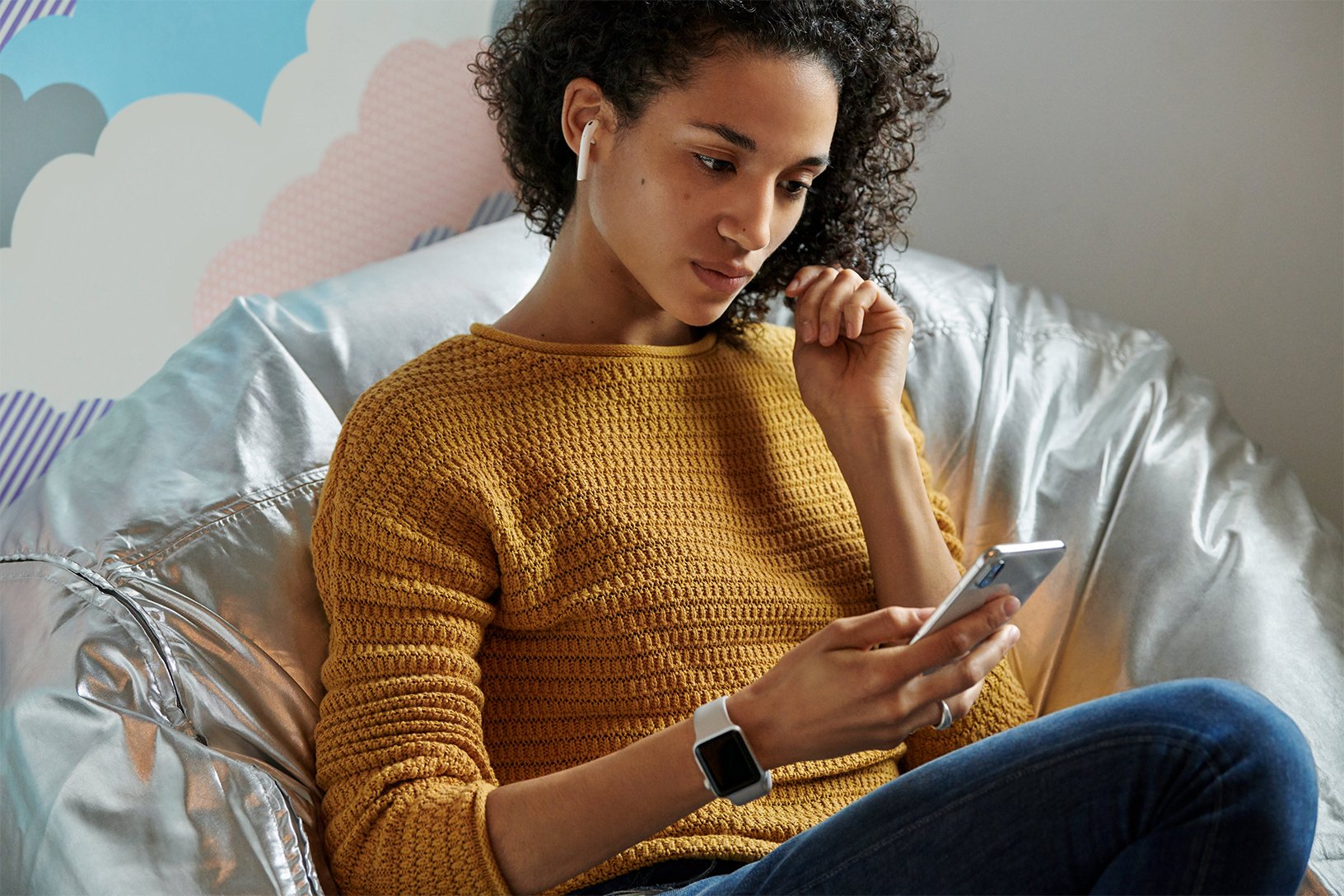
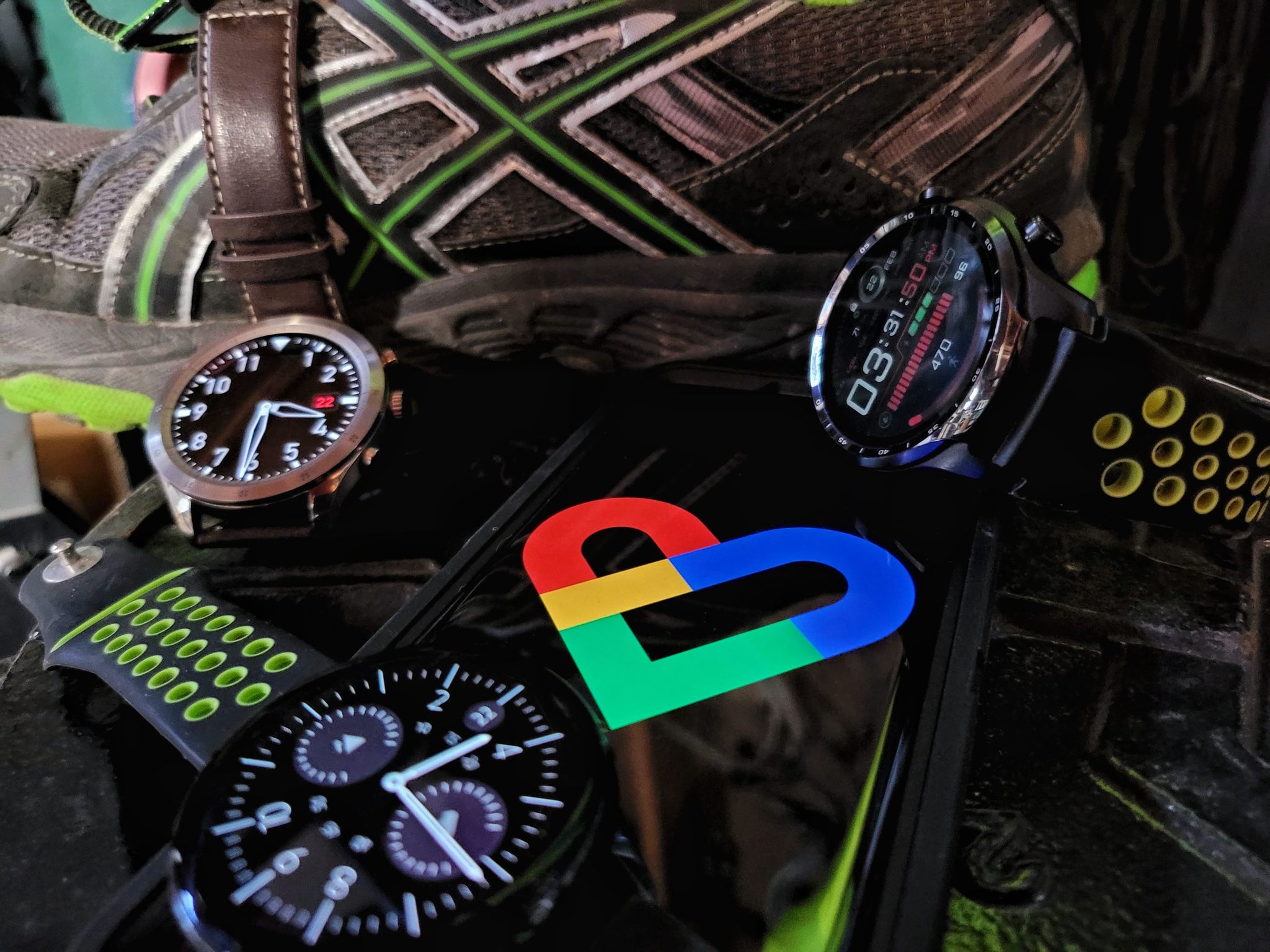

0 Commentaires